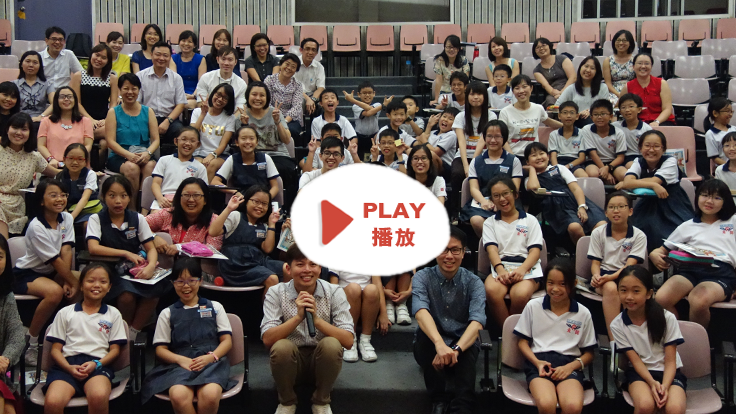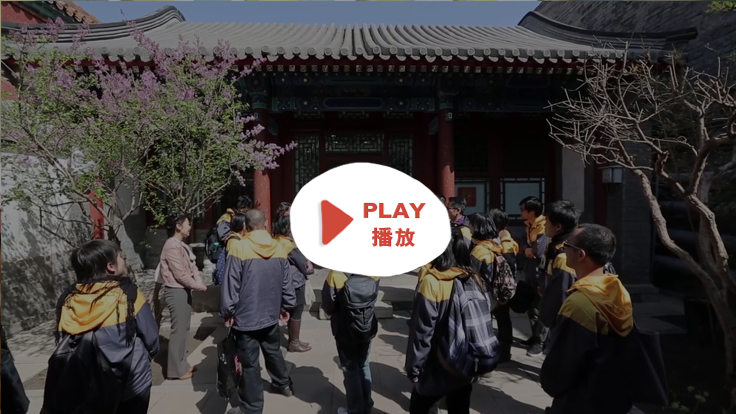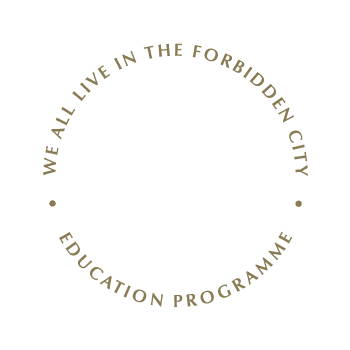Exchanges and training
The Education Programme places great importance on exchanges and training as a key to developing and strengthening team members’ experience and knowledge of culture as well as unleashing their talents to the fullest. The Education Team strives to open up development possibilities for the programme by actively taking part in visits and exchanges and collaborating with like-minded local and overseas organisations.
 |
 |
 |
 |
Chronicle
2013-12The Hong Kong education team met their Mainland colleagues in Beijing, where they participated in classroom activities and joined the local students in their field trip to the imperial palace.
The tutors commended the nine-session programme for motivating students to learn about traditional Chinese culture with its rich content and engaging presentation. Popular with students and parents alike, the programme has graduated its first cohort of 16 students since its launch in early October 2013.
Our Education Team brushed up their knowledge of the Forbidden City and traditional Chinese culture during a visit to the imperial palace, conducting topical field studies on-site while exploring the surroundings and documenting their findings with photographs, videos, sketches and pencil rubbings.
Using drawing to document findings.
Wu Dongyu, a staff member of the Design And Cultural Studies Workshop, turns tour guide as he explains the architectural considerations behind the square of the Gate of Supreme Harmony.
At the invitation of the Hong Kong Polytechnic University School of Design (Higher Diploma Programmes), the Education Team attended a seminar led by Head of Education, K. C. Ma. Based on the themes of “Architecture” and “Artifacts,” the seminar revolved around the various approaches to researching and promoting traditional Chinese culture, in the hopes of inspiring students to appreciate traditional culture from a broad range of perspectives with greater relevance to contemporary life.
The director and members of Design and Cultural Studies Workshop visited China Academy of Art and Zhu Xiao-jie workshop in Hangzhou in August. The team met with Professor Hangjian and Mr Zhu Xiao-jie, founder & chief designer of OPAL Furniture, discussing about research of Chinese utensils design and product development.
Thematic in-situ research, a highlight of the tour, was designed to enable members of our Education Team to acquire a better grasp and appreciation of the Forbidden City and traditional Chinese culture. Using an eclectic array of media, such as photographs, videos, sketches and pencil rubbings, they explored and documented every corner of the Forbidden City over several days of the tour.
Our Education Team took time out of their tour to visit the state-run Zhi Chunli Primary School where they gained from the teachers and students a fuller picture of early education for different sectors of the Beijing community. Later, the team met with representatives from the New Citizen Program, a local NGO, and came away with fresh insights into the education provided for children of rural migrant workers. These two visits bring immense inspiration to the educational project.
To arise the interest of young people to Chinese Culture, tutors use various modern ways to interpret the culture itself and also share experience as well as perspectives with young people face to face. At the invitation of Chinese Subject in Carmel Alison Lam Foundation Secondary School, tutors delivered a speech to five hundred middle school students, introducing We All Live in The Forbidden City project and sharing their own understanding of Chinese culture with them.















